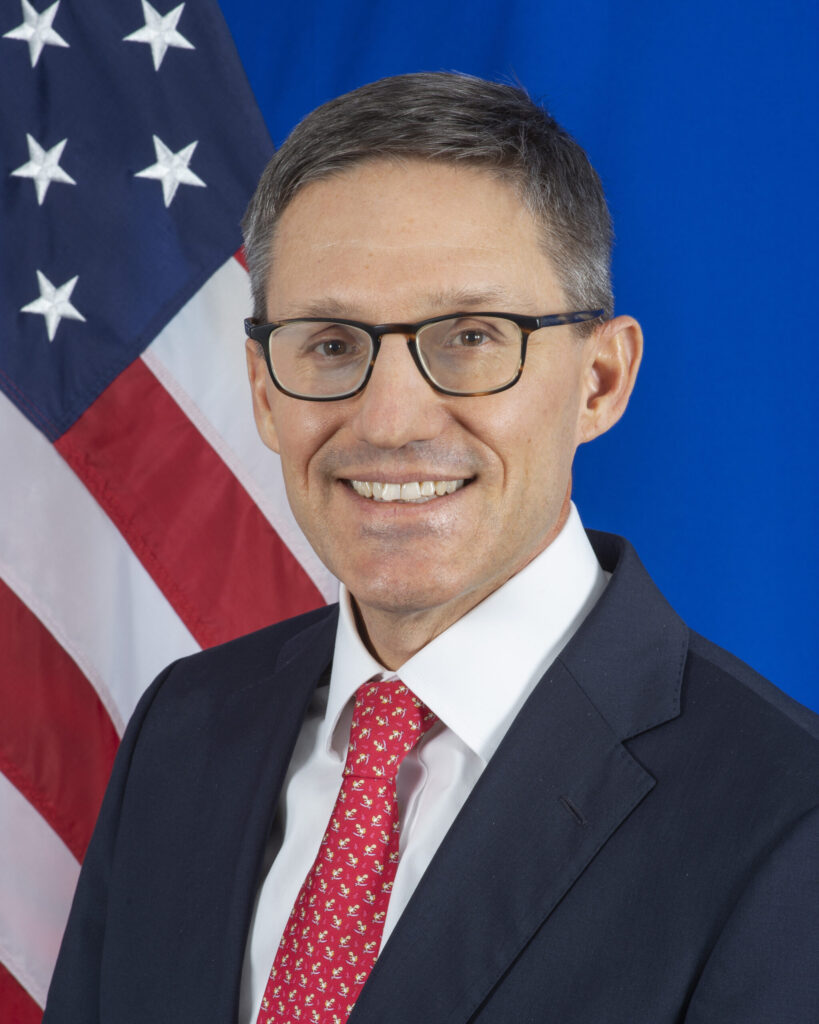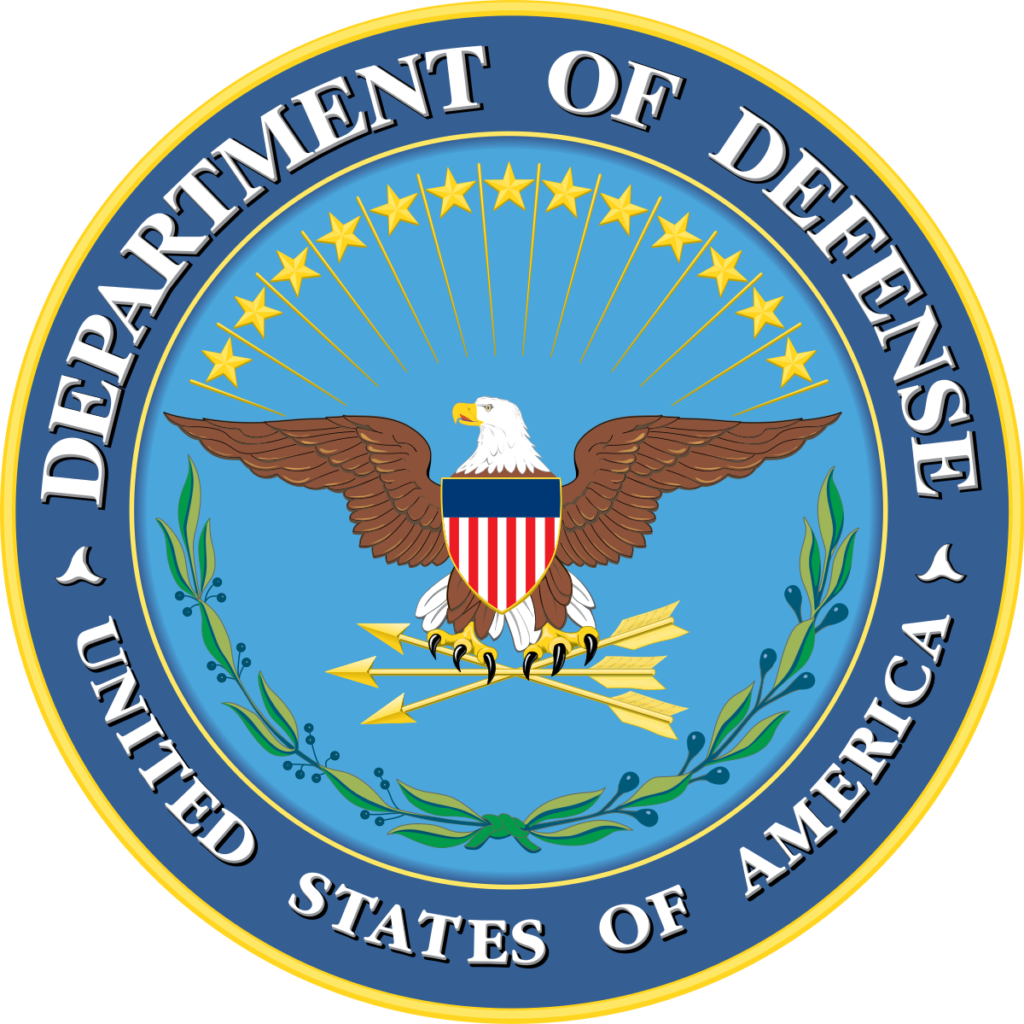


Provides strategic policy advice on national security affairs to the Secretary of Defense and Department of Defense as a whole.
Derek H. Chollet is the Biden Administration nominee for Under Secretary of Defense for Policy.
Chollet currently serves as the Counselor of the U.S. Department of State. He held several positions during the Obama Administration, working at the State Department as the Principal Deputy Director for Policy Planning Staff, the Defense Department as U.S. Assistant Secretary of Defense for International Security Affairs, and at the National Security Council as Special Assistant to the President and Senior Director for Strategic Planning. He also served as Executive Vice President of the German Marshall Fund of the United States for four years.
Past statements on development, diplomacy, and U.S. global leadership:
On U.S. leadership in NATO: In 2019, Chollet spoke before the Committee on Foreign Affairs for the NATO at 70: An Indispensable Alliance hearing, he stated: “This moment is uncertain for another reason: at a time of significant turbulence at home and abroad, many are asking about whether the U.S. still believes in NATO. They watch our debates – or read our Twitter feeds – and wonder how committed the U.S. remains. It is precisely at this time that Congress has an urgent and important role to play in affirming and bolstering U.S. leadership in NATO.” (source)
On Alliances: “If one of Putin’s key goals, and certainly I think one of his expectations was that this conflict would drive the US and Europe apart, would weaken NATO. And of course, the US-European relationship has only gotten stronger in the last 10 weeks and NATO’s only gotten stronger. And the idea that now we are talking about Finland and Sweden, joining the alliance, something that was not on anyone’s mind at the beginning of the year is a direct consequence of Putin’s choices.” (source)
On Food Security: “We also recognize that for many countries, they are facing greater hardship, whether it’s high energy prices, high food prices. And that’s why, for example, the Secretary of State is focused on food security in particular. And so the U.S. this month, will be the president of the UN Security Council. And one of the core efforts of this month that we’re going to try to put a lot of our time into, is an effort on food security.” (source)
On the Indo-Pacific: “The US is further committed to reinforcing ASEAN centrality through innovative, results-oriented partnerships with allies and partners across the Indo-Pacific. Our five regional treaty alliances and this deep, growing network of bilateral and multilateral partnerships, including the Mekong-US Partnership, will help us advance our positive vision for the Indo-Pacific, for the collective benefit of all countries.” (source)
On the Quad: “The Quad, with its focus on climate, health, and technology, has demonstrated the benefits of such coordination – as just one example, the Quad vaccine initiative is enabling the production of one billion lifesaving COVID-19 vaccines.” (source)
On Climate Change: “Tackling this threat with seriousness and urgency represents an opportunity to build more resilient economies and create millions of jobs, while protecting our national security and preserving our collective environmental inheritance.” (source)
On ASEAN: “The US-ASEAN Strategic Partnership underscores our vitally important cooperation on everything from public health and human capital development to economic recovery and maritime security.” (source)
On assistance to Burma: “We are the single largest donor to the humanitarian response to the Rohingya crisis. And just since the coup, the United States has provided nearly half a billion dollars in humanitarian assistance to vulnerable communities in Burma as well as those who sought refuge in neighboring countries, especially the Rohingya refugee community.” (source)
On U.S. Interests in the Arctic: “We are investing at home to ensure we can represent U.S. Arctic interests abroad. Our new Ambassador-at-Large for Arctic Affairs, if confirmed by the U.S. Senate, will advance the policies we laid out in our national strategy, cooperate with Arctic and non-Arctic States and Indigenous communities, and work closely with U.S. domestic partners, including state, local, and Tribal governments, businesses, academic institutions, non-profit organizations, other federal government agencies, and Congress.” (source)